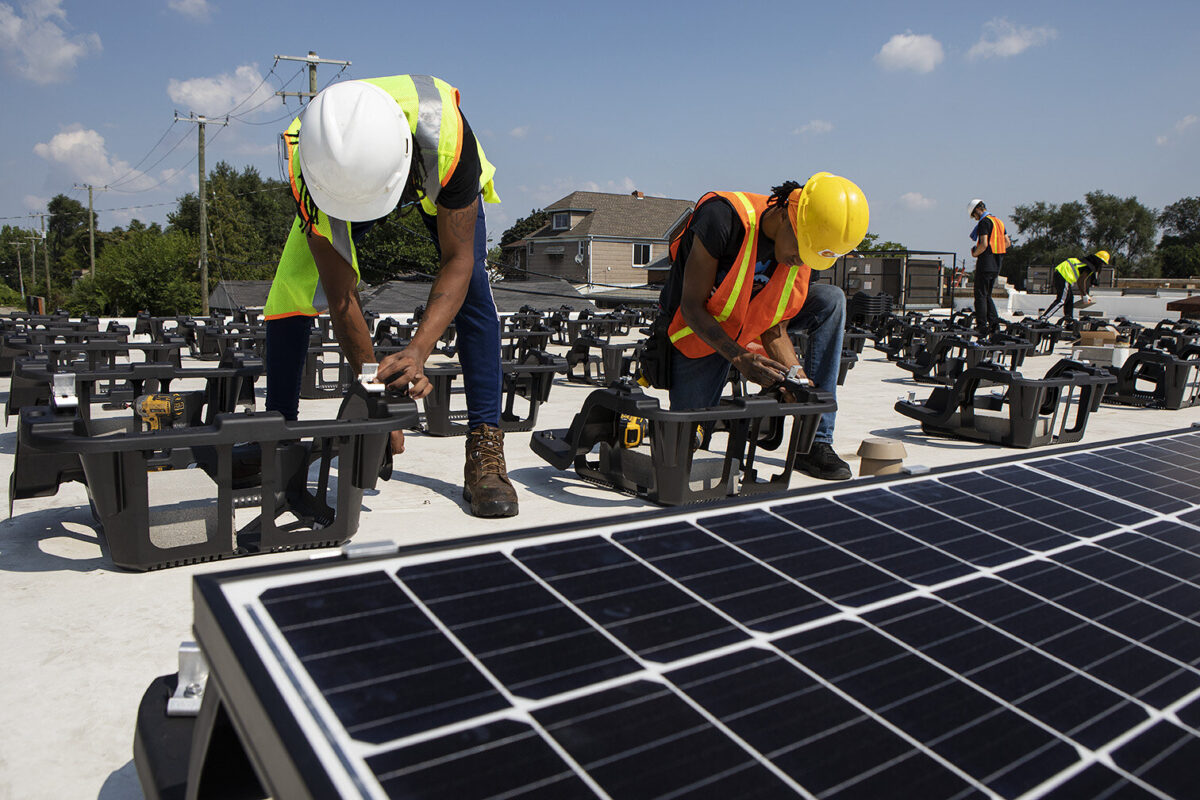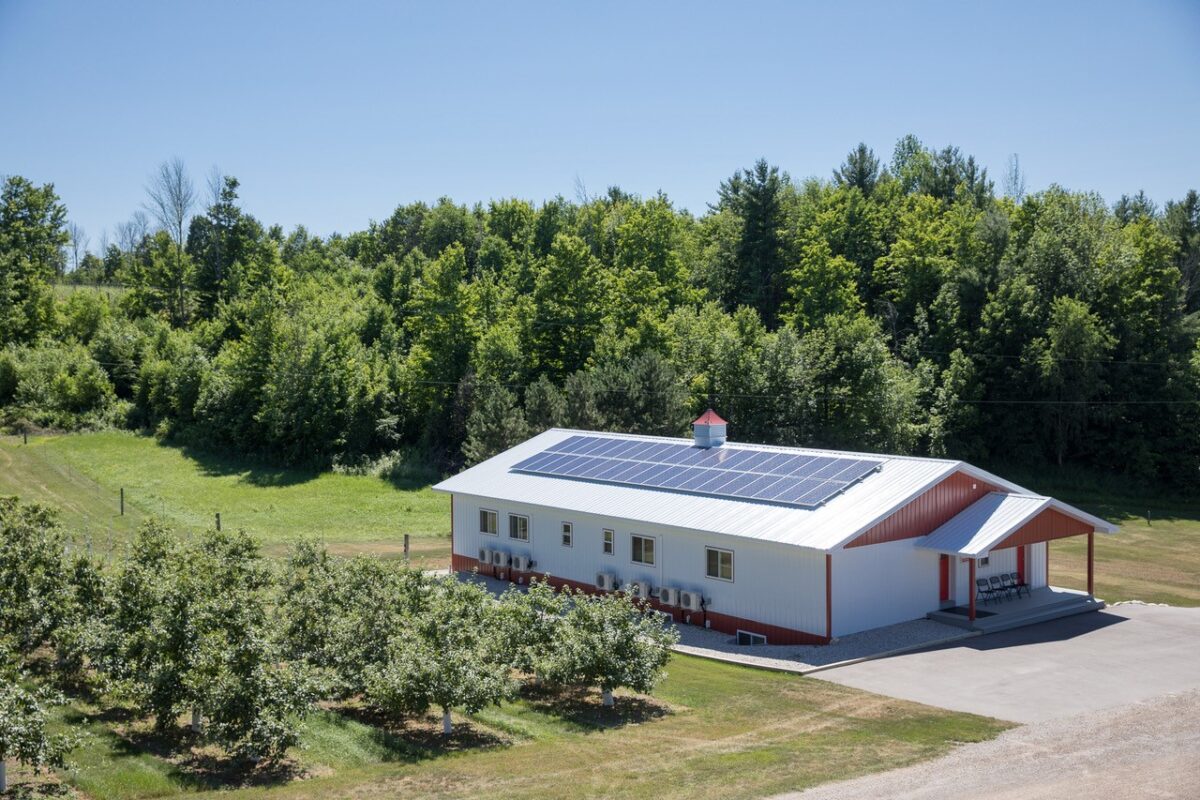Michigan’s Need for Low-Income Housing and Lower Carbon Emissions

According to Yarrow Brown, Executive Director of Housing North, affordable homes are available in Traverse City. With the necessity for year-round employee housing in a region where inhabitants are quickly rising, it is tough to locate.
Brown says that the effects are already being felt. Business owners are concerned about how they will fill and keep their facilities running in the absence of employee housing.
Brown claims that any approach to lower utility bills and build more environmentally friendly houses will benefit everyone. She claims that the PACE group can fund eligible energy upgrades on properties in advance.
In Traverse City, Habitat for Humanity has taken the lead in developing more energy-efficient affordable housing. The notion was still considered cutting edge at the time the project was being investigated.
Cutting-edge means that the solar panels and alternative fuels were quite pricey at the time. However, the Depot Neighborhood’s Project Manager, Ryan McCoon, felt that the program was pioneering in the community.
McCoon claims that the investment will save the homeowners money in the long term, making it worthwhile. On the other side, Habitat for Humanity strives to be a pioneering organization that serves families.

Still, the solar panels were not the only factor to consider while constructing net-zero. The homes are constructed with 14-inch thick walls that are well insulated, and the openings and attics are firmly sealed to prevent air from getting through. This reduces households’ energy costs.
So, why aren’t more people supporting this architectural style? There could be various explanations for this. Renewable energy costs and access, building minimum standards, and the real estate market.
Brown believes that there should be more options for households to choose their energy source. She is a sample of a homeowner who has no choice.
There is also a widespread misperception that achieving net-zero is solely for those with greater incomes, as solar can cost millions of dollars.
However, McCoon claims that the cost has decreased as the product has grown in popularity. There are also tax incentives and state and federal initiatives that can encourage people to switch to renewable energy.
He further claims that establishing a specific baseline in building rules does not motivate builders or households to go sustainable or build past code.




